Truth About HPV
January 2019
Mount Sinai South Nassau Truth In Medicine Poll: More than one-third of parents are not aware of CDC recommendations to vaccinate against HPV, a potentially cancer causing disease
- 37% of parents do not plan to or are not sure if they will vaccinate all of their children
More than one-third of metro area parents are not aware of CDC recommendations to vaccinate against human papillomavirus (“HPV”), a potentially cancer causing disease, according to the latest Mount Sinai South Nassau ‘Truth in Medicine’ Poll, sponsored by Bethpage Federal Credit Union.
Sixty-one percent of parents have or plan to vaccinate all of their children while 37% percent of parents do not plan to or are not sure if they will vaccinate all of their children against HPV. When asked why they do not plan to vaccinate, 56% are unable to answer, indicate they need to gather more information, or did not know it was for boys. Nineteen percent of these parents believe the HPV vaccine is dangerous.
HPV is a very common virus. Nearly 80 million people—both men and women—are currently infected, with approximately 14 million new people becoming infected each year. HPV affects people of all ages, but it is most common among 25-35 year olds. Many people with HPV never develop symptoms and the virus goes away by itself, but for about 1 in 10 people, it can last longer and may cause certain cancers, such as cervical cancer and other diseases and cancers.
The HPV vaccine protects against infection by certain strains of HPV. Most commonly, HPV infection causes nearly all cervical cancers, but it can also cause oral, anal, vaginal and penile cancers. Still, a stigma remains in many communities that the vaccine should only be used on sexually active girls or that it may promote sexual activity in pre-teens and teens.
Mount Sinai South Nassau 'Truth in Medicine' Poll: More than one-third of parents are not aware of CDC recommendations to vaccinate against HPV, a potentially cancer causing disease

Truth About Alcohol
A majority of New Yorkers are considering drinking less alcohol or encouraging others to do so as a result...
Read More

Truth About Managing Holiday Stress
Despite their reputation for being grumpy, and headlines often dominated by crime-related news...
Read More

Truth About Cell Phones
Parents in the metro area strongly support a ban on cell phone use in schools and agree that social media companies...
Read More

Truth About Medical Aid in Dying
More than one-third of metro area residents support legalized medical aid in dying (MAID, also referred to as physician-assisted death)...
Read More

Truth About the Updated COVID-19 Vaccine
Only 15 percent of area residents have received the updated COVID-19 vaccine, according to results...
Read More
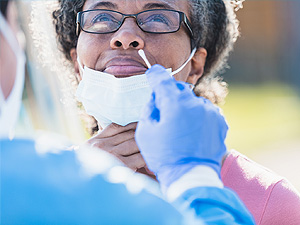
Truth About Government & COVID-19 Testing
More than 80 percent of metro area residents say the government should be doing more...
Read More
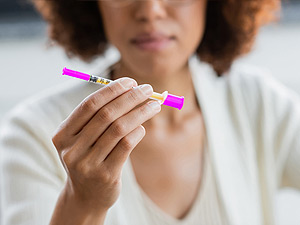
Truth About Prescription Weight Loss Drugs
Nearly one-third of metro area residents consider themselves overweight and almost one-quarter...
Read More
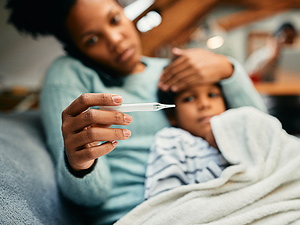
Truth about the Tridemic: Don't Delay Vaccines
Poll shows public reluctant to get vaccines, won’t adjust plans for the holidays...
Read More
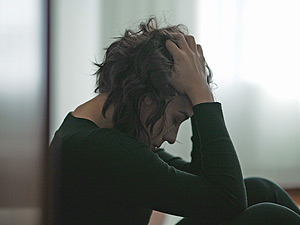
Truth About Mental Health Services
Many Long Islanders Struggle to Find Needed Mental Health Service...
Read More
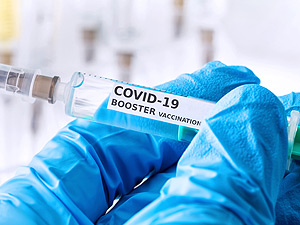
Truth About Vaccine Boosters
75 Percent of vaccinated Metro Area Residents Say They Will Get a COVID-19 Booster Shot...
Read More
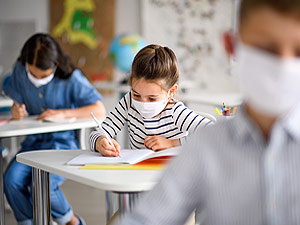
Truth About COVID-19: Poll 3
More than 50% of Metro Area Residents Polled Do Not Plan to Get COVID-19 Vaccine...
Read More
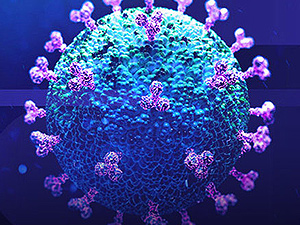
Truth About COVID-19: Poll 2
Two-Thirds of Metro Area Residents Would Forgo Sporting Events, Movies, and Public Transportation...
Read More
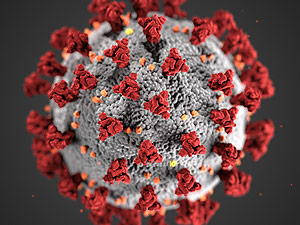
Truth About COVID-19: Poll 1
More than half of metro area residents said they would get a vaccine to combat the spread of the novel coronavirus...
Read More

Truth About Stress
Poll results show women under 50 are most stressed out as holidays approach...
Read More

Truth About Vaping
Eighty percent of parents think vaping is addictive, and 63 percent think that it is unsafe...
Read More

Truth About HPV
More than one-third of parents are not aware of CDC recommendations to vaccinate...
Read More